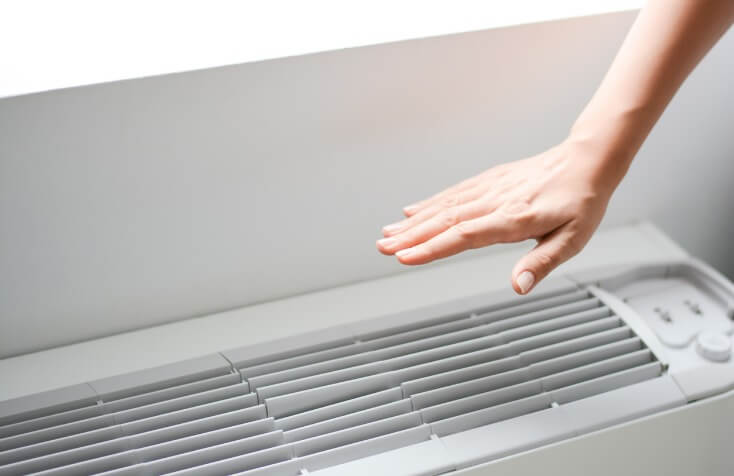Is your air conditioner not performing as efficiently as it used to? Are you constantly dealing with costly repairs? It may be time to consider replacing your air conditioner. In this comprehensive guide, we’ll walk you through everything you need to know about air conditioner replacement, including signs that it’s time to replace your unit, the different types of air conditioners available, and the benefits of upgrading to a new system.
Signs That It’s Time to Replace Your Air Conditioner
Before you start shopping for a new air conditioner, it’s important to know the warning signs that indicate it’s time for a replacement. Some common signs include:
- Constant Repairs: If you find yourself frequently calling for repairs, it may be more cost-effective to invest in a new unit.
- Old Age: Air conditioners typically last between 10-15 years. If yours is approaching or past this age, it’s likely time for an upgrade.
- Increased Energy Bills: As air conditioners age, they become less efficient, leading to higher energy bills.
- Inconsistent Cooling: If your home has hot and cold spots, or if the airflow seems weak, your air conditioner may be failing.
- Strange Noises: Unusual sounds coming from your air conditioner can indicate serious problems that may warrant a replacement.
Types of Air Conditioners
When it comes to replacing your air conditioner, you have several options to choose from. The most common types of air conditioners include:
| Type | Description |
|---|---|
| Central Air Conditioning | Uses a system of ducts to distribute cool air throughout the entire home. |
| Ductless Mini-Split Systems | Ideal for homes without existing ductwork, allowing for zone-specific cooling. |
| Window Air Conditioners | An affordable and easy-to-install option for cooling individual rooms. |

Credit: icshvac.com
The Benefits of Upgrading to a New Air Conditioner
Investing in a new air conditioner offers numerous benefits, including:
- Improved Energy Efficiency: Newer models are designed to be more energy-efficient, resulting in lower utility bills.
- Enhanced Comfort: A new air conditioner can provide better and more consistent cooling, keeping your home comfortable year-round.
- Advanced Features: Many modern air conditioners come with advanced features such as programmable thermostats and smart home integration.
- Increased Property Value: A new air conditioner can add value to your home should you decide to sell in the future.
- Environmentally Friendly: New units are more eco-friendly and use refrigerants that are better for the environment.
Choosing the Right Air Conditioner for Your Home
When selecting a new air conditioner, it’s important to consider factors such as the size of your home, your budget, and any specific cooling needs. Consulting with a professional HVAC technician can help you determine the most suitable option for your home.
Hiring a Professional for Air Conditioner Replacement
While some homeowners may consider DIY air conditioner replacement, it’s a job best left to the professionals. An experienced HVAC technician can ensure that your new unit is properly sized, installed, and functioning at its best.
When it’s time to replace your air conditioner, be sure to do your research, weigh your options, and consult with a knowledgeable HVAC provider. A new air conditioner can greatly improve the comfort of your home, reduce energy costs, and provide peace of mind knowing that you have a reliable cooling system in place.

